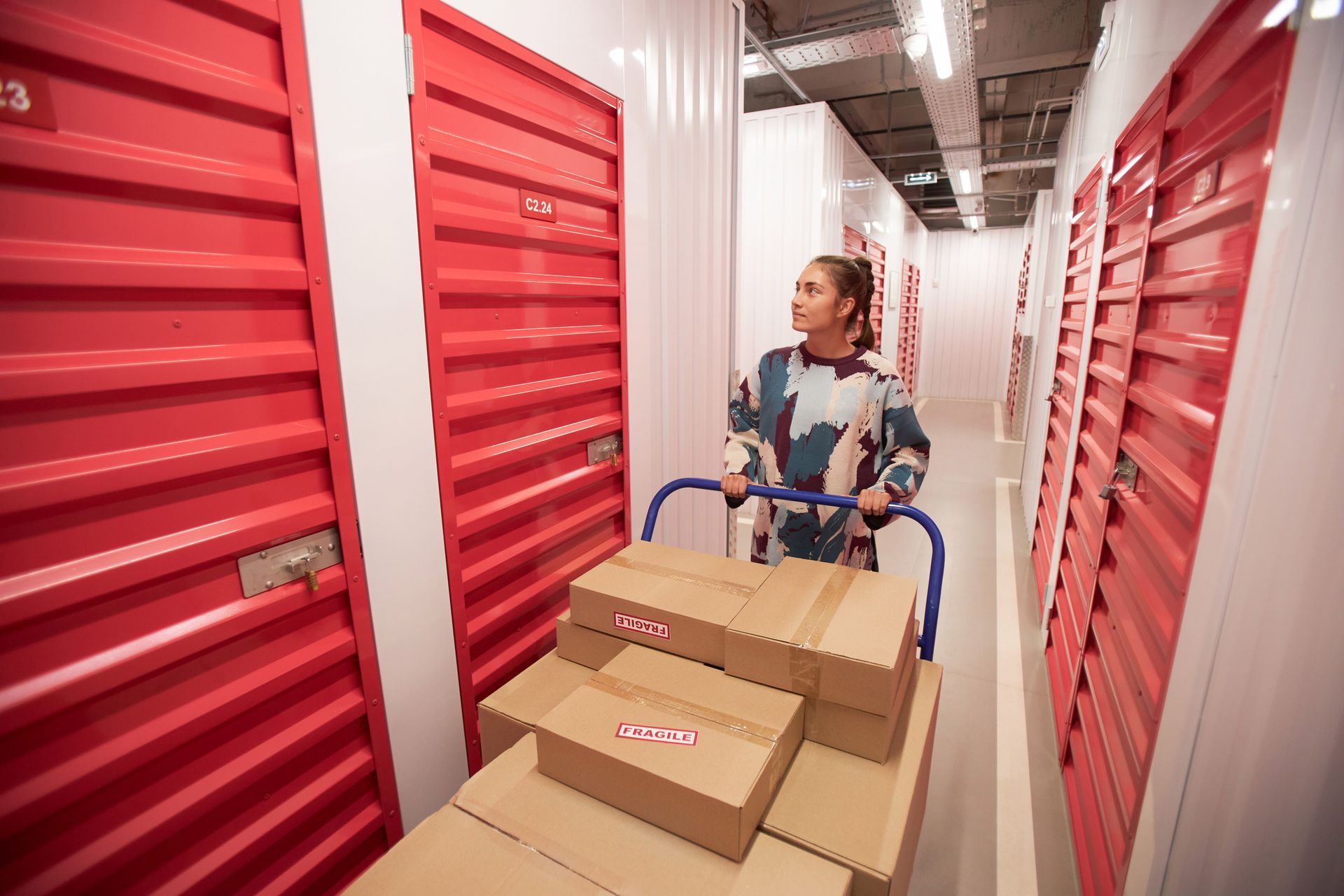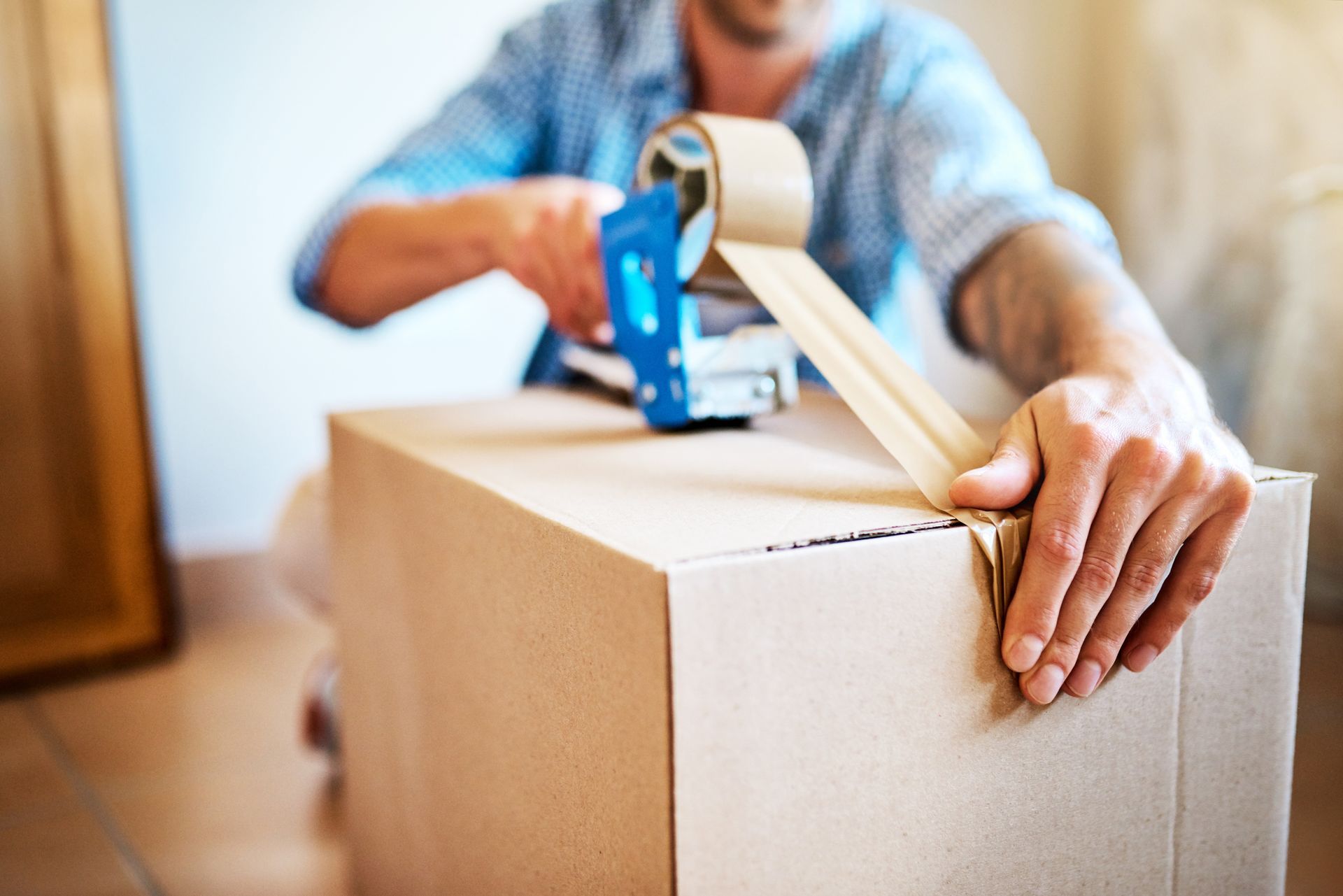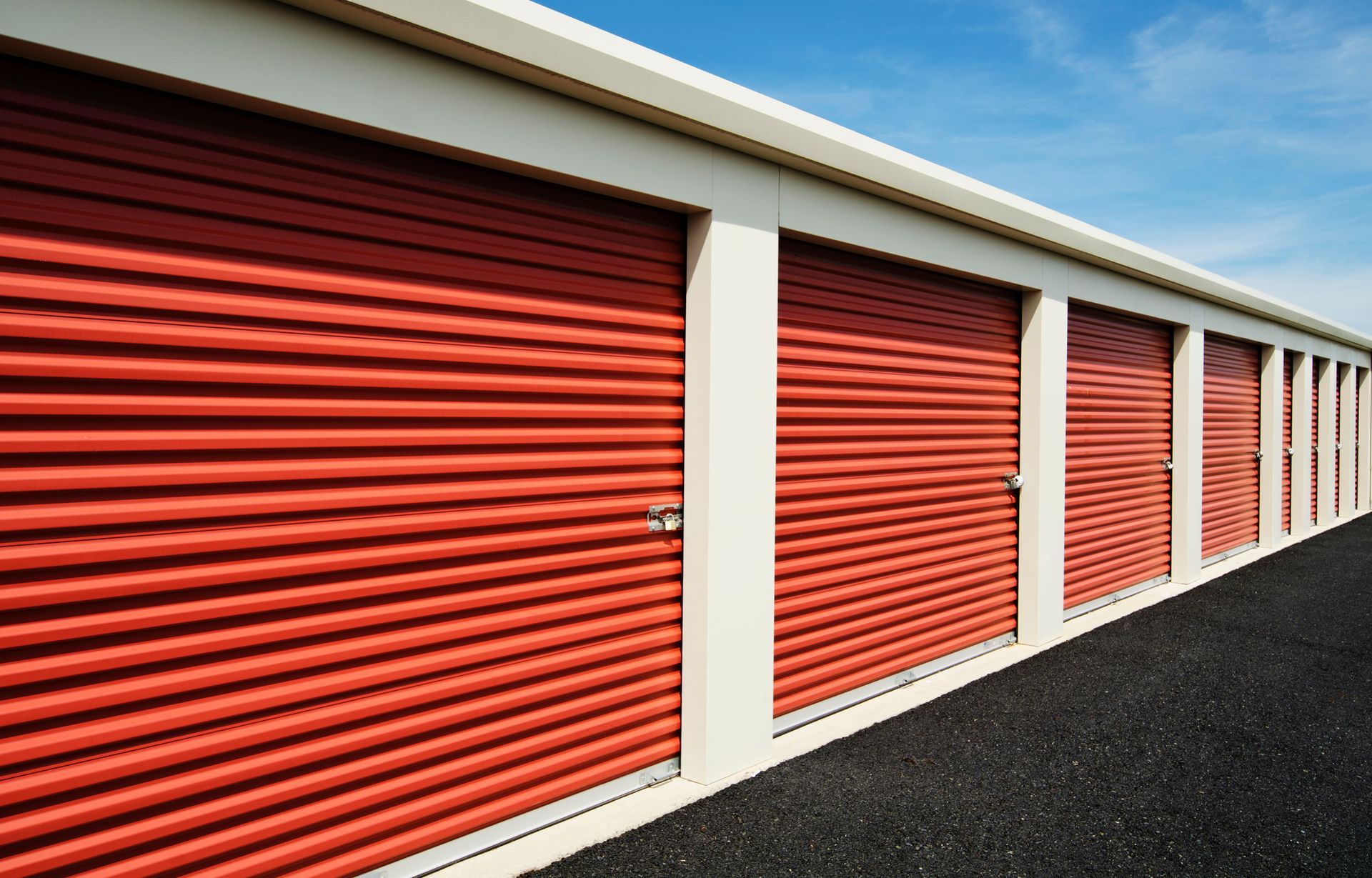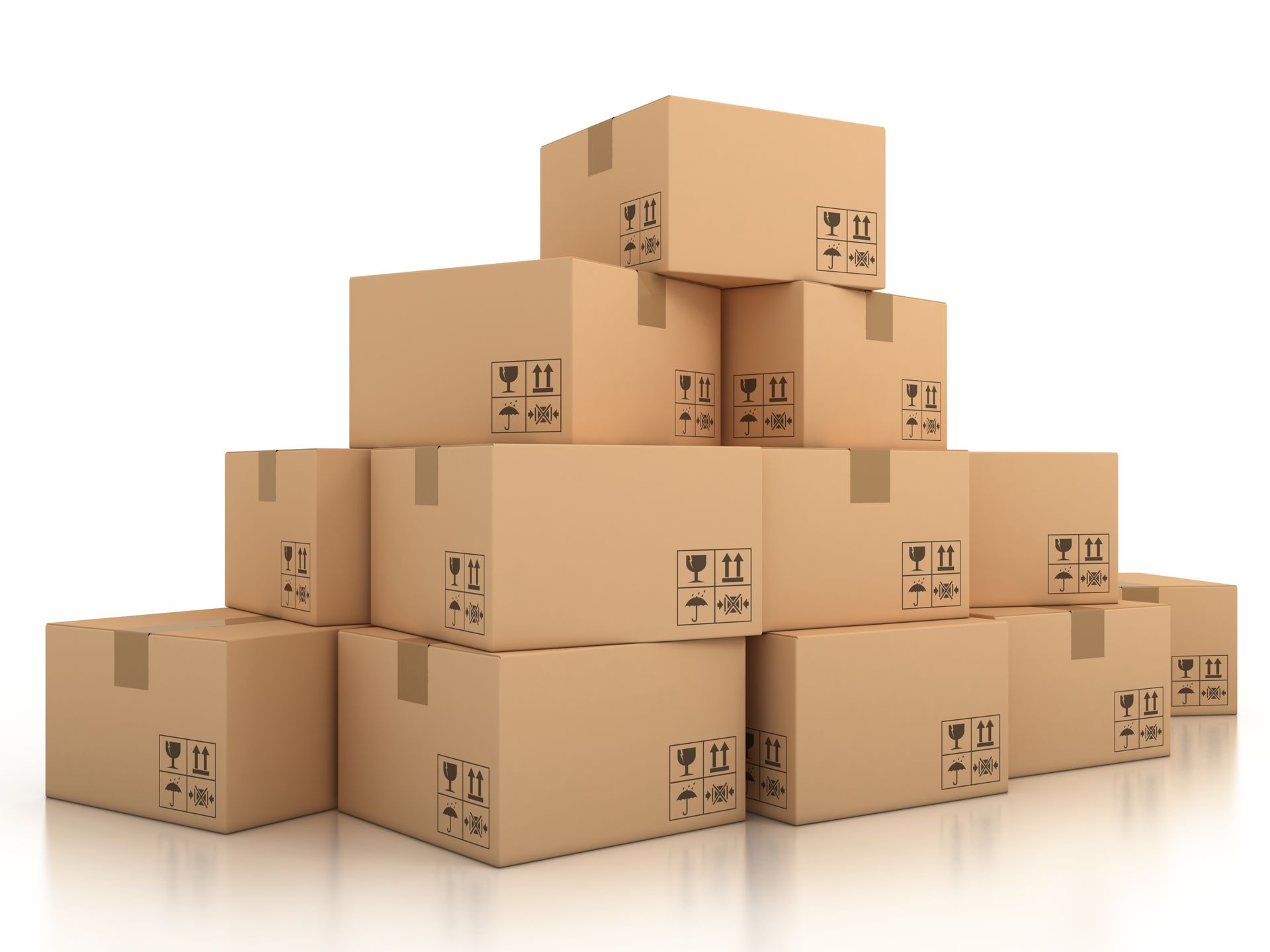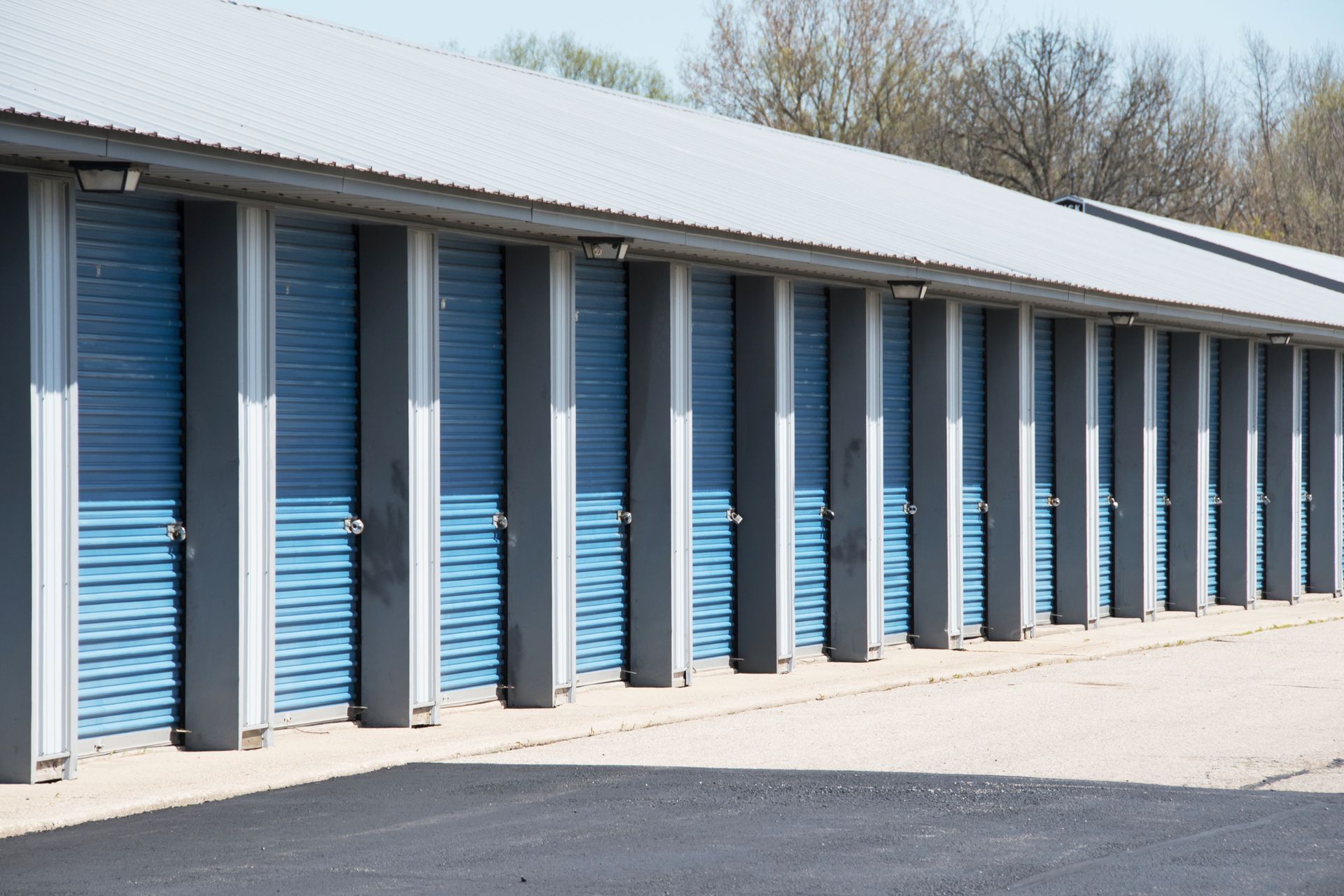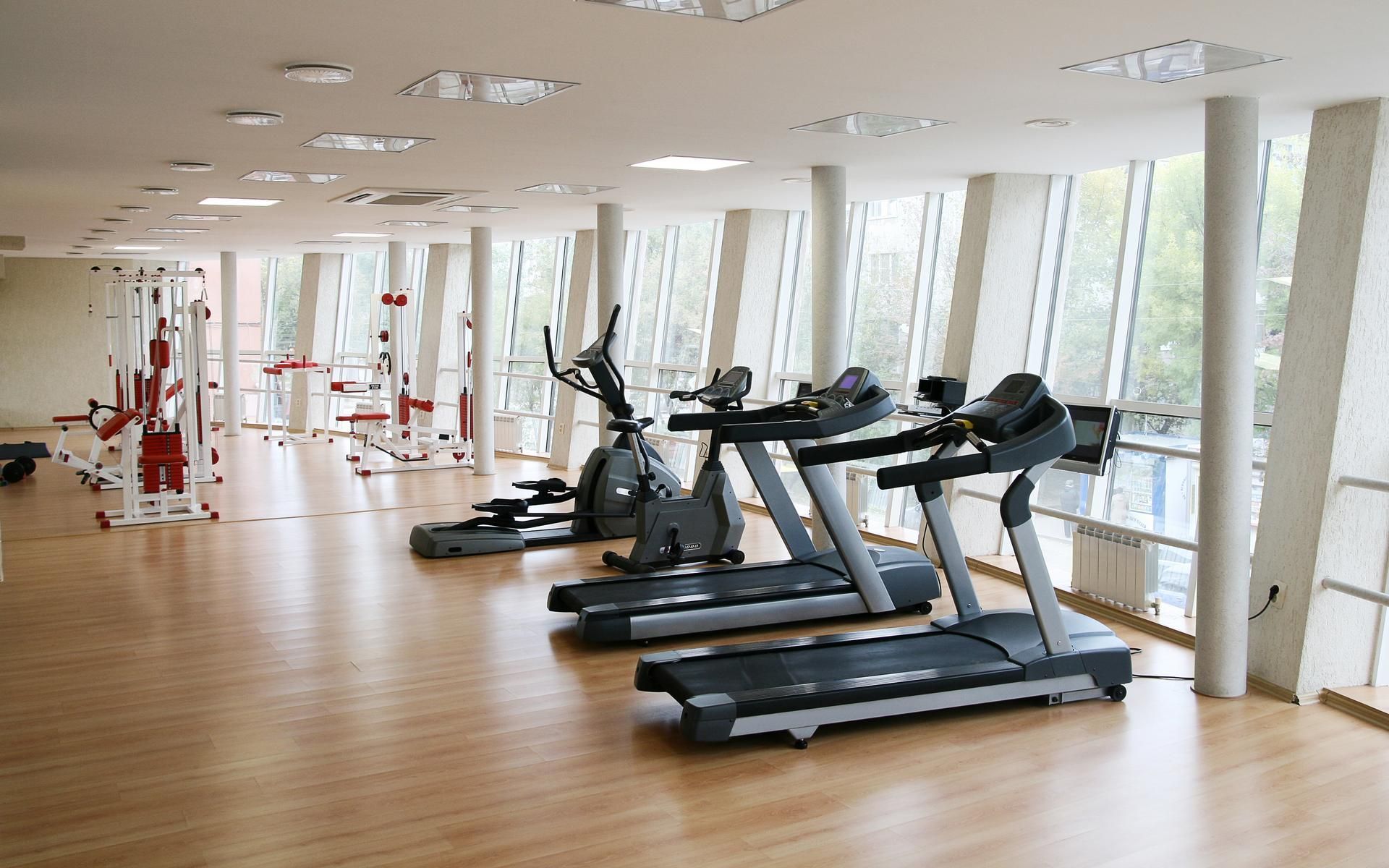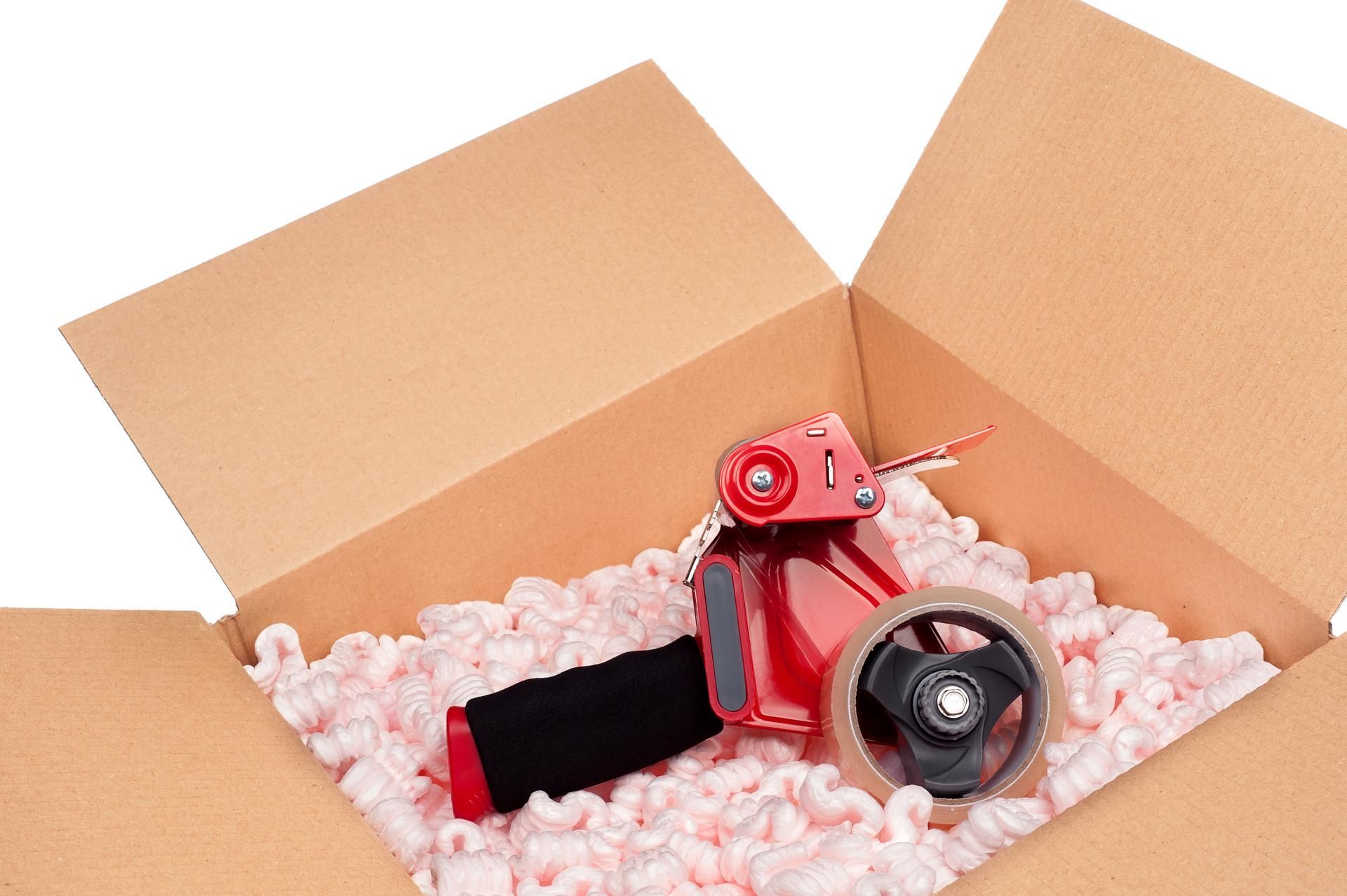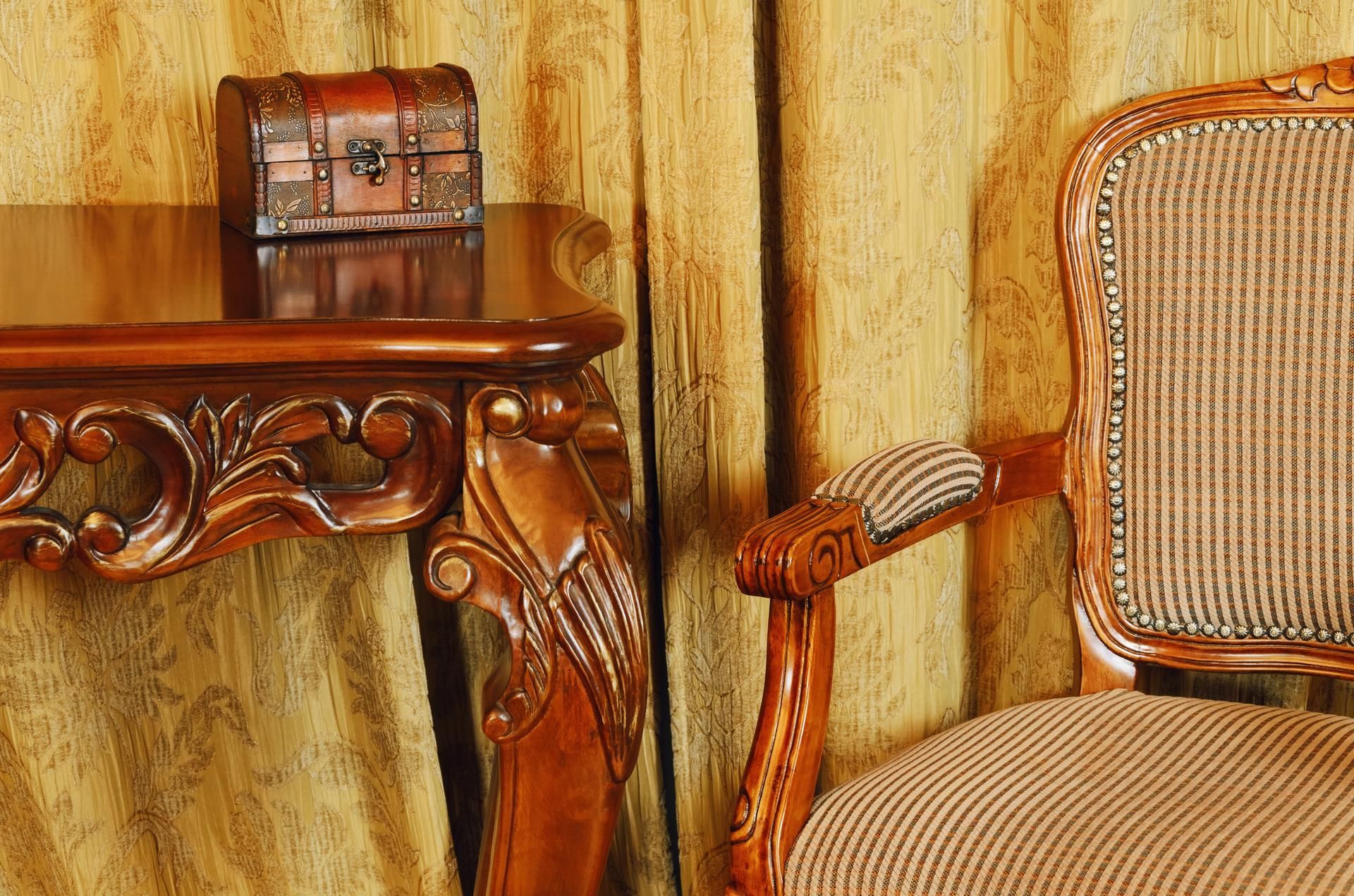How Should You Store Vinyl Records?
Records may seem like a relic of the past. But for many music enthusiasts, vinyl is the top listening choice. If your vinyl collection has grown too vast to hold in your home, a self-storage unit offers a way to organize your music efficiently. Before moving anything off-site, take a look at the answers to some of the top vinyl record storage questions.
What Type of Box Is Best?
There's no shortage of moving and packing boxes available. From plain cardboard boxes to plastic bins that come complete with their own locking lid system, you have choices when packing for storage. When it comes to storing vinyl records, heavy-duty bins or strongly reinforced cardboard boxes are your best bets.
Whether you choose cardboard or plastic, make sure that the box or bin fits correctly. Never use a box or bin that is too short or closes directly on the records' edges. The pressure can cause warping over time.
If you choose a cardboard box, reinforce the seams and edges. These boxes may last for the short-term, but over time they can sag. And gaps, unsecured seams, or other breaks in the box can let dust and debris in. To avoid these issues, use a high-quality packing tape.
Which Is Better, Horizontal or Vertical?
Horizontal is the direction for playing your records, not storing them. Place your vinyl vertically in boxes or bins. Flat, horizontal storage can cause your records to warp. Make sure that you pack the records tightly enough that they don't lean or fall over to one side. Again, this can cause warping. But avoid cramming the box or bin completely full.
Make sure to line the box or bin before placing the vertically-positioned records inside. Use bubble wrap to cushion the sides and keep the vinyl records from moving too much inside.
Is Climate Control Necessary?
Moisture is not a friend to your vinyl records. While sealing them in plastic covers can help to reduce the risks associated with humidity and temperature fluctuations, it won't completely keep dampness out. A climate-controlled storage unit can minimize moisture and lower the chances of dampness-related warping.
Storing records at home may expose them to additional moisture dangers — depending on where you store them. A garage or attic can leak, leaving your vinyl wet. Choosing a climate-controlled storage unit eliminates this potentially damaging situation.
Along with keeping moisture at a minimum, a climate-controlled storage unit creates a temperature-stable indoor environment. A garage, attic, or unheated/uncooled crawlspace isn’t a desirable option. Aim for storing your records between 65 and 70 degrees Fahrenheit.
Can You Reduce Dust Danger?
Dust and other debris can scratch your vinyl. Leaving records out (or partially exposed) allows this type of damage to happen. Start your storage prep by placing the records in a plastic inner liner. If you don't plan on removing your records often, a paper liner is acceptable. But if you're taking the vinyl in and out, paper can cause small scratches and other abrasions.
Place the liner-covered record inside of the original album case (if you have it). Seal the case with a clear plastic or vinyl cover. Using clear plastic allows you to easily see in for organizational purposes.
After storing the records vertically, close your cardboard box or the lid of your plastic bin. If you use cardboard, seal the box completely with packing tape at the top. To add an extra layer of protection, cover the entire box or bin with a tarp or plastic sheeting.
Do you have a record collection to store? Contact Tysons Self Storage for more information.


